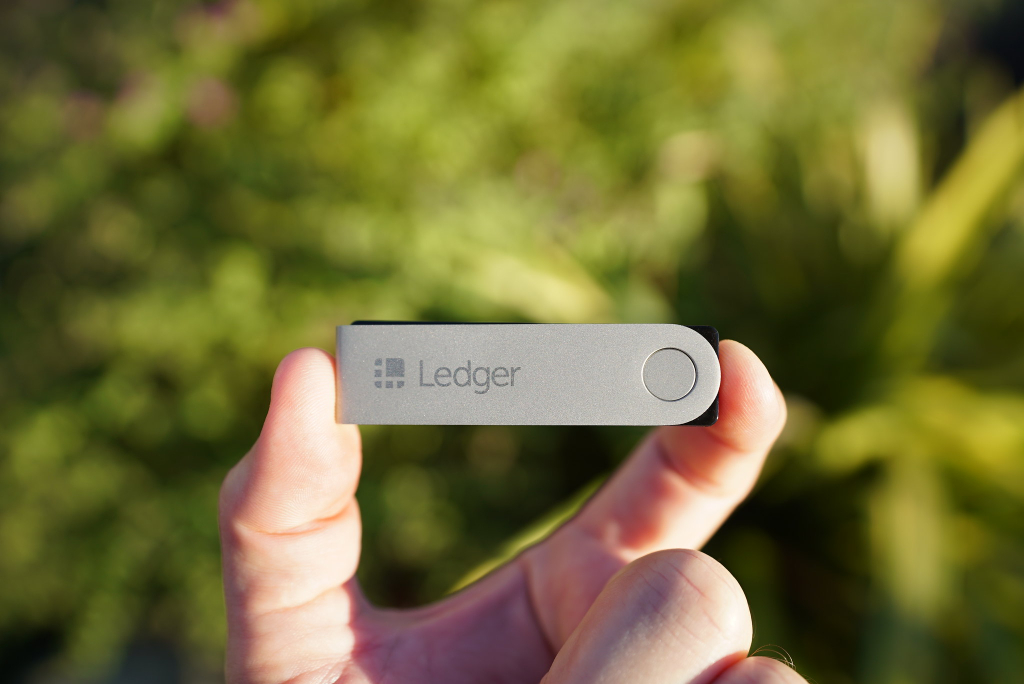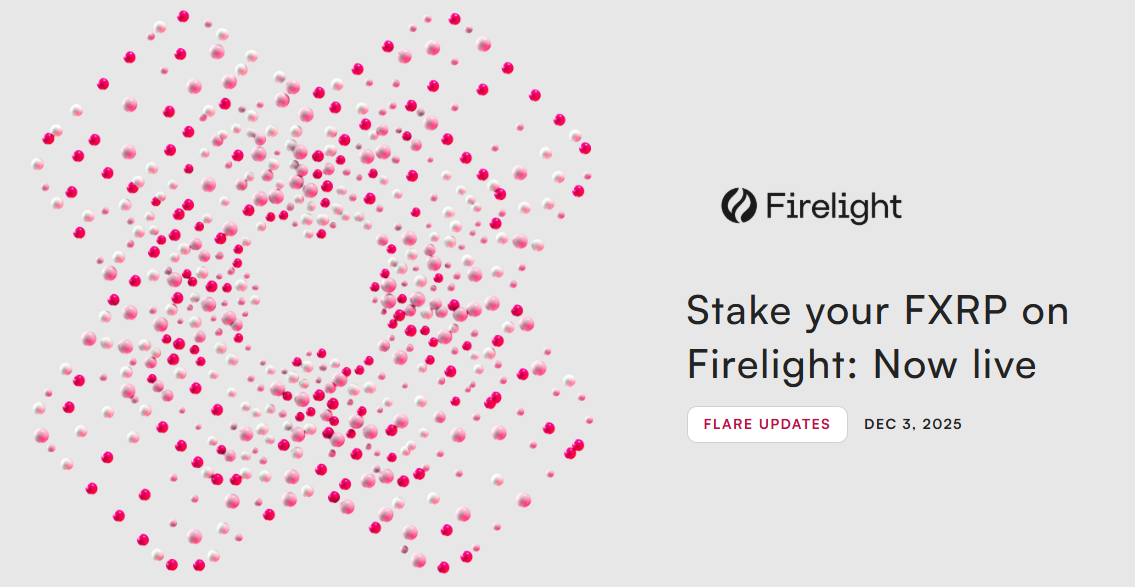Velocity Ledger Technology (VLT), a fintech startup, has released its testnet and blockchain network API for the issuance, trading, and settlement of digital assets in Bermuda.
In March, the Ministry of Finance of Bermuda approved VLT’s parent company, Velocity Ledger Holdings, to conduct an initial coin offering (ICO). The Bermuda-based company said that the funds raised through the ICO will be used to fund the operations of two subsidiaries – VL Financial and Velocity Ledger Technology. The ICO is currently underway and expected to run until July 2019.
In its latest press release, the company said that the VLT platform is a “compliant platform for issuing, trading and settlement of digital assets in Bermuda.” Companies intending to issue digital assets can leverage the platform to conduct an ICO in Bermuda on a white label Software-as-a-Service basis.
That said, interested companies are required to file independently and be approved by the Ministry of Finance and/or Bermudan Monetary Authority (BMA) to ensure regulatory compliance.
VLT said it has opened early access to the core API with a blockchain viewer for third-party integration as well as a traditional web portal which supports the full lifecycle management of new digital assets.
Participants interested in using the technology are required to purchase VL tokens and be stakeholders on the network. Qualifying participants can purchase tokens directly from the company website. Token benefits include revenue sharing and monthly distribution of newly minted tokens to stake-holders, the release said.
“The Velocity Ledger Technology stack utilizes core components for matching developed by Fundamental Interactions over seven years and deployed globally by exchange operators and alternative trading systems” said Julian Jacobson of Velocity Ledger. “Issued tokens can trade and then settle on the public network.”
The platform, VLT said, has been gaining traction in various jurisdictions to issue ICOs, STOs, NFTs and other digital assets. With its initial focus on Bermuda, it will be rolled out in several jurisdictions including the U.S., Canada and Asia, and is expected to deploy its main net by Q3 2019.
In September 2018, the BMA had released the licensing requirements for digital asset businesses in the country. Earlier this year, it released a draft Code of Practice for Digital Asset Custody for consultation.


























Comment 0